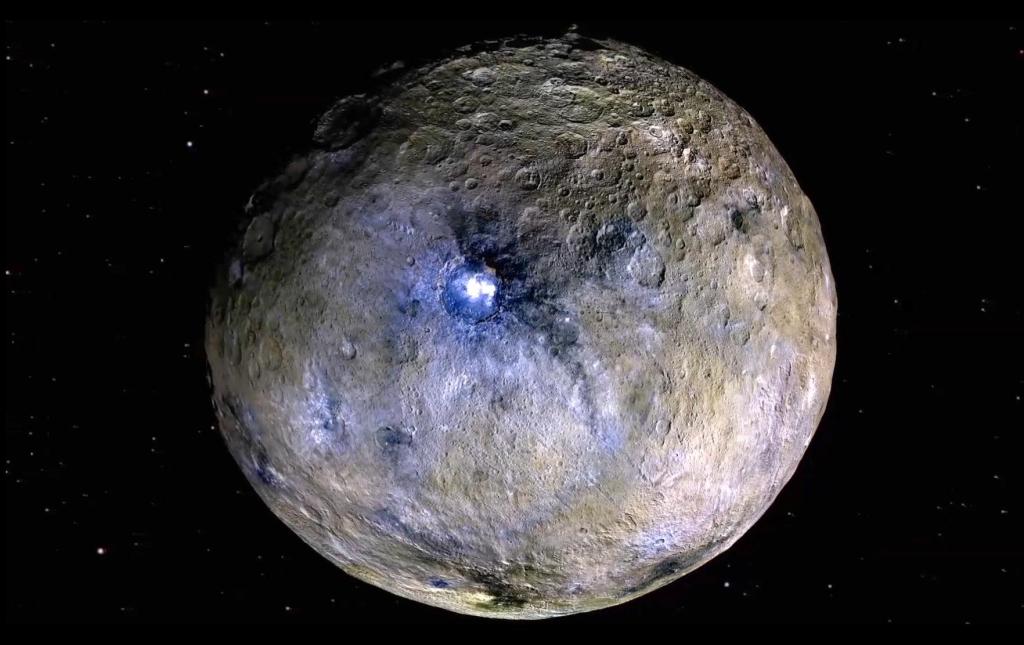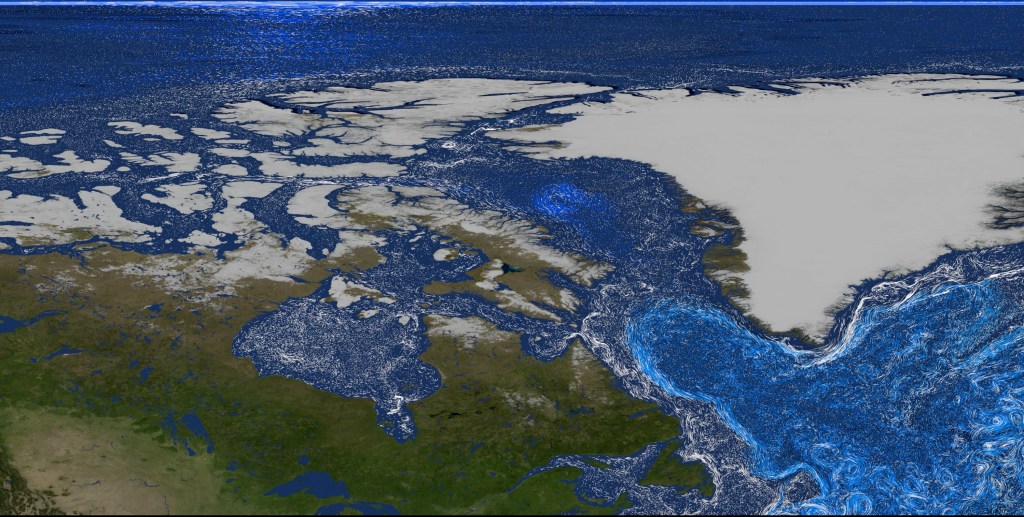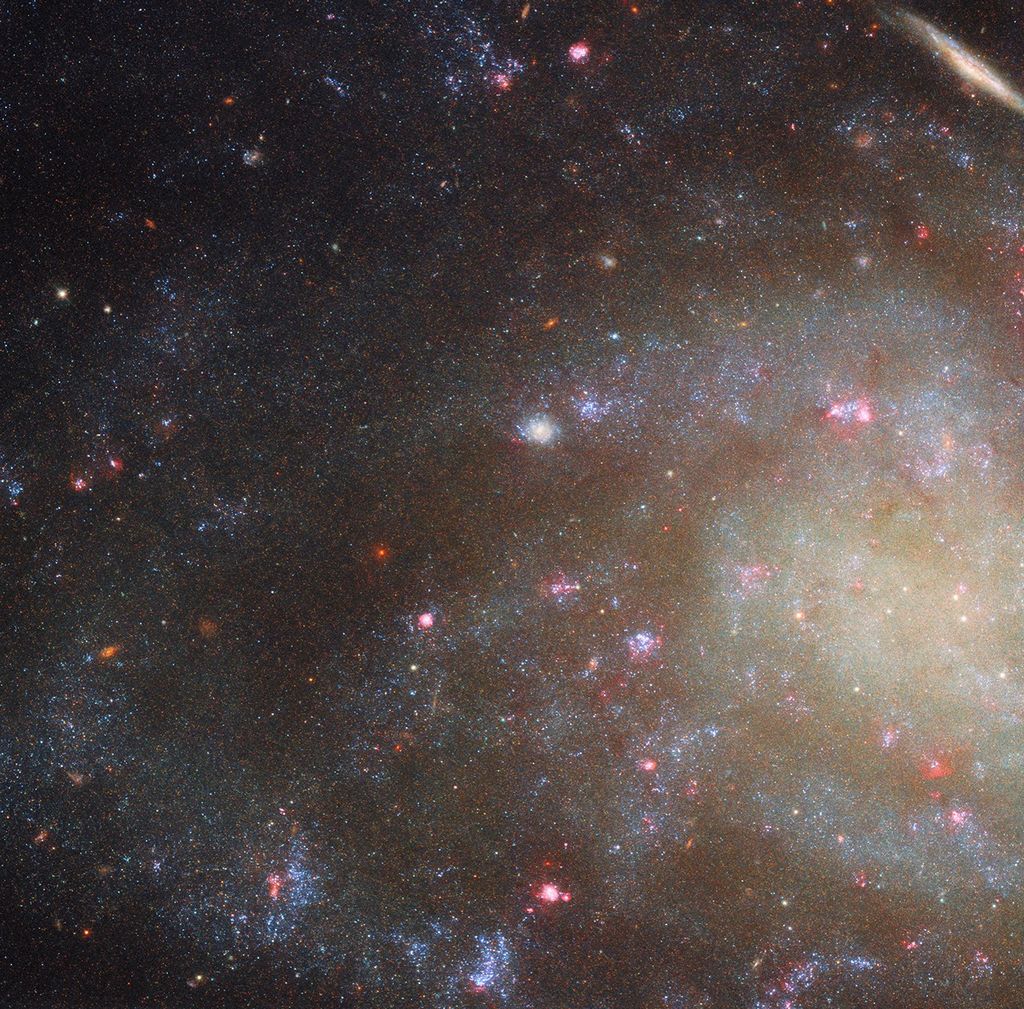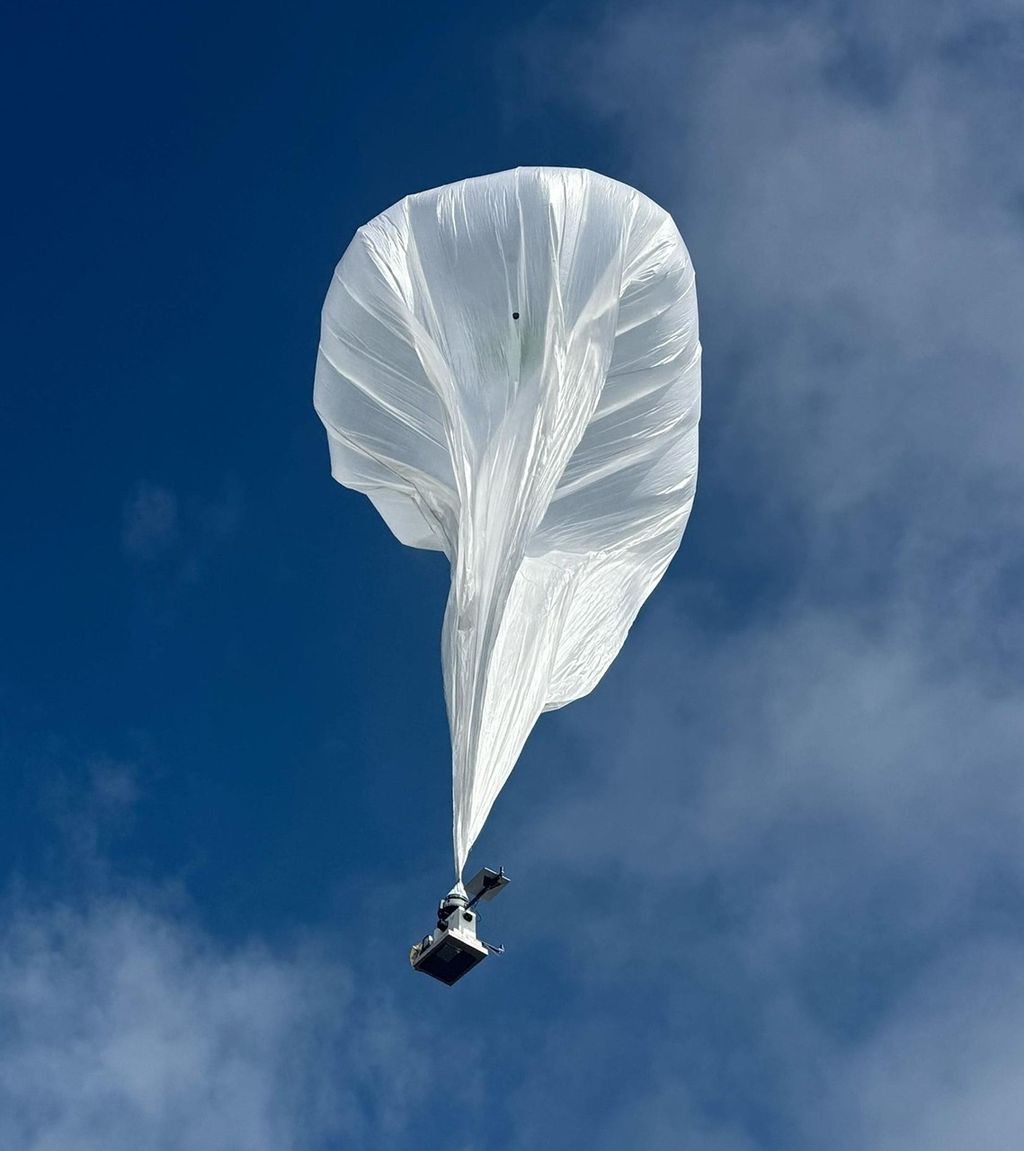ROSES-23 Blog
The lunar surface is uneven, rocky, and unforgiving. Landing deliveries safely and securely requires acute awareness of the terrain and its response to a lander’s descent plumes. Our science payloads on CT-3 will provide thorough descent data that will benefit…
High above Earth’s poles, intense electrical currents called electrojets flow through the upper atmosphere when auroras glow in the sky. These auroral electrojets push about a million amps of electrical charge around the poles every second. They can create some…
Auroras, often called the northern lights (aurora borealis) or southern lights (aurora australis), are colorful, dynamic, and often visually delicate displays of an intricate dance of particles and magnetism between the Sun and Earth called “space weather.” When energetic particles…
Discover the wonders of the night sky! Learn how Earth's atmosphere transforms after dark, setting the stage for breathtaking phenomena like auroras, meteors, solar terminator waves, and sprites.
UPDATE Feb. 11, 2025: The second rocket of the GIRAFF mission launched on Saturday, Feb. 8, at 11:35 p.m. Alaska Standard Time, through pulsating aurora over Venetie, Alaska. The principal investigator reported that all of the instruments looked healthy. The Black…
For decades, scientists have tried in vain to accurately predict solar flares — intense bursts of light on the Sun that can send a flurry of charged particles into the solar system. Now, using NASA’s Solar Dynamics Observatory, one team…
Firefly's Blue Ghost 3 lander will deliver six NASA science payloads to the Gruithuisen Domes.
NASA's DAVINCI probe will be first in the 21st century to brave Venus’ atmosphere as it descends from above the planet down to its surface.




















-Carolyn_Y._Ng.jpeg?w=1024)









